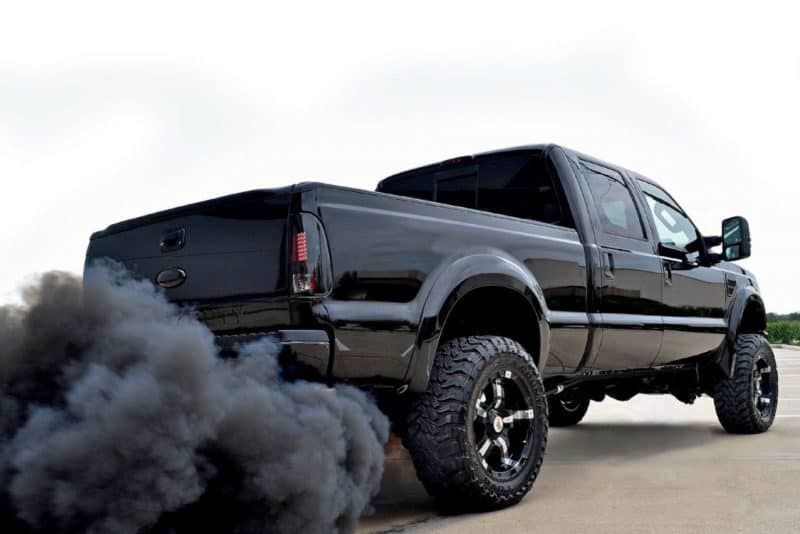Operating costs are the biggest hurdle most independent operators face, and they aren’t exactly a small concern for larger transportation companies either. Efficiently using your resources means knowing when to invest in the upgrades and tune-ups that will lower your ongoing costs and when to pass them up for a lack of reasonable return. Performance parts often provide longer lifespans than their OEM counterparts, but not always at cost-effective price points. Where you can get a good deal, though, slowly upgrading your truck systems to more rugged updates as you work your maintenance rotation can go a long way toward minimizing costs while also increasing fuel efficiency, lowering your overhead in two ways. Continuing to find ways to get more mileage out of the engine will also help you go further on the same dollar, increasing your earnings without requiring you to haul more or raise rates.

Upgrades To Your Engine
Performance parts are only one step. Upgrading your engine with components that are a step beyond basic built-to-wear parts like brakes are another. Components like the Airdog fuel pressure filter system can help with efficiency by introducing a fuel/air separator to the system to provide for better recirculation of fuel and air in the engine. This, in turn, increases mileage on every gallon of diesel fuel, making it a great complement to other attempts to operate more efficiently.
Driving Habits and Style
While mechanical upgrades can never be replaced, you should also consider how your driving style and habits on the road impact your fuel use. The more you can anticipate small adjustments in speed and make them without having to go hard on the accelerator or brake, the smoother your ride and better your mileage. While there’s a limit to the gains you can make there, complementing hardware upgrades with conscientious driving style changes can make both more effective.